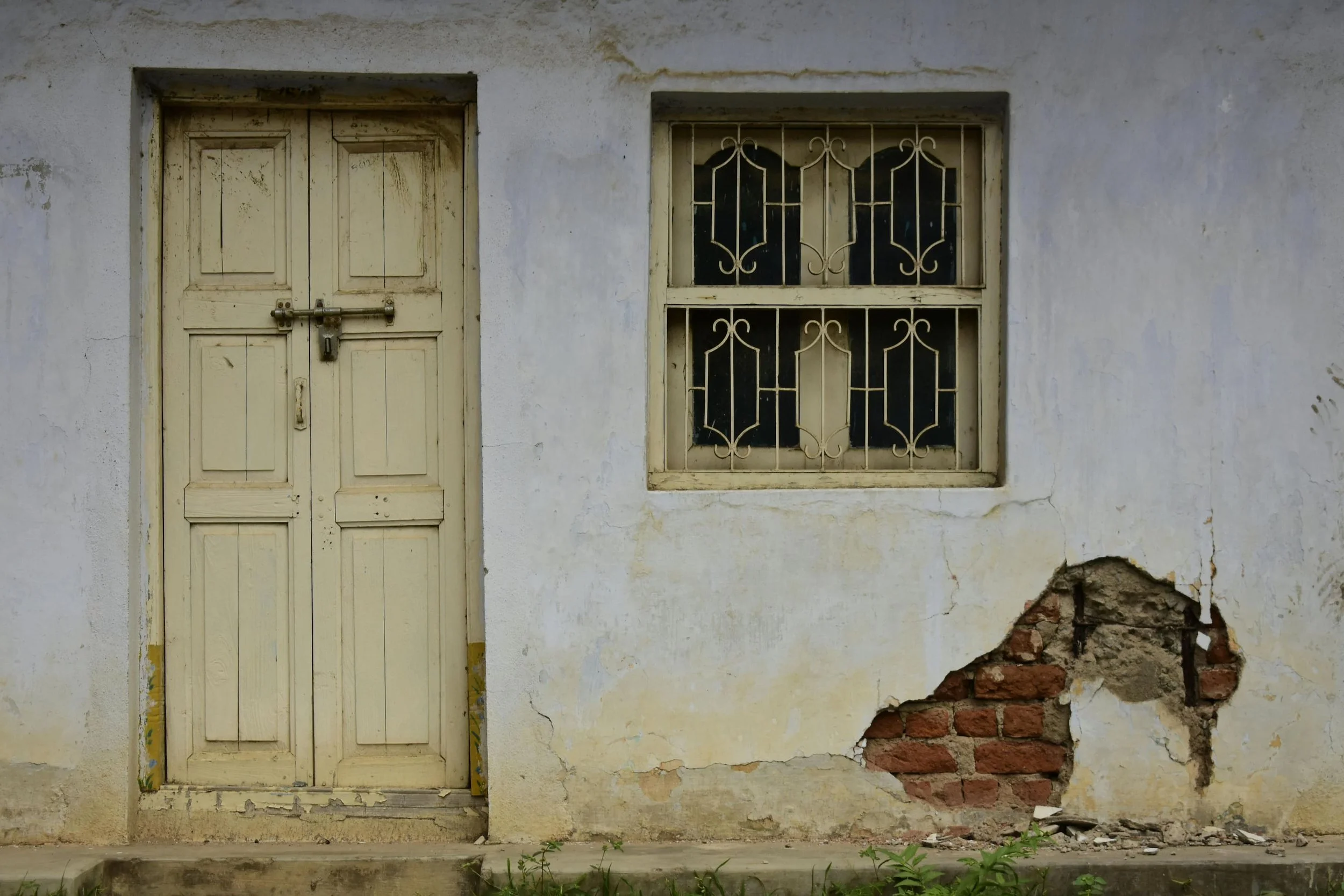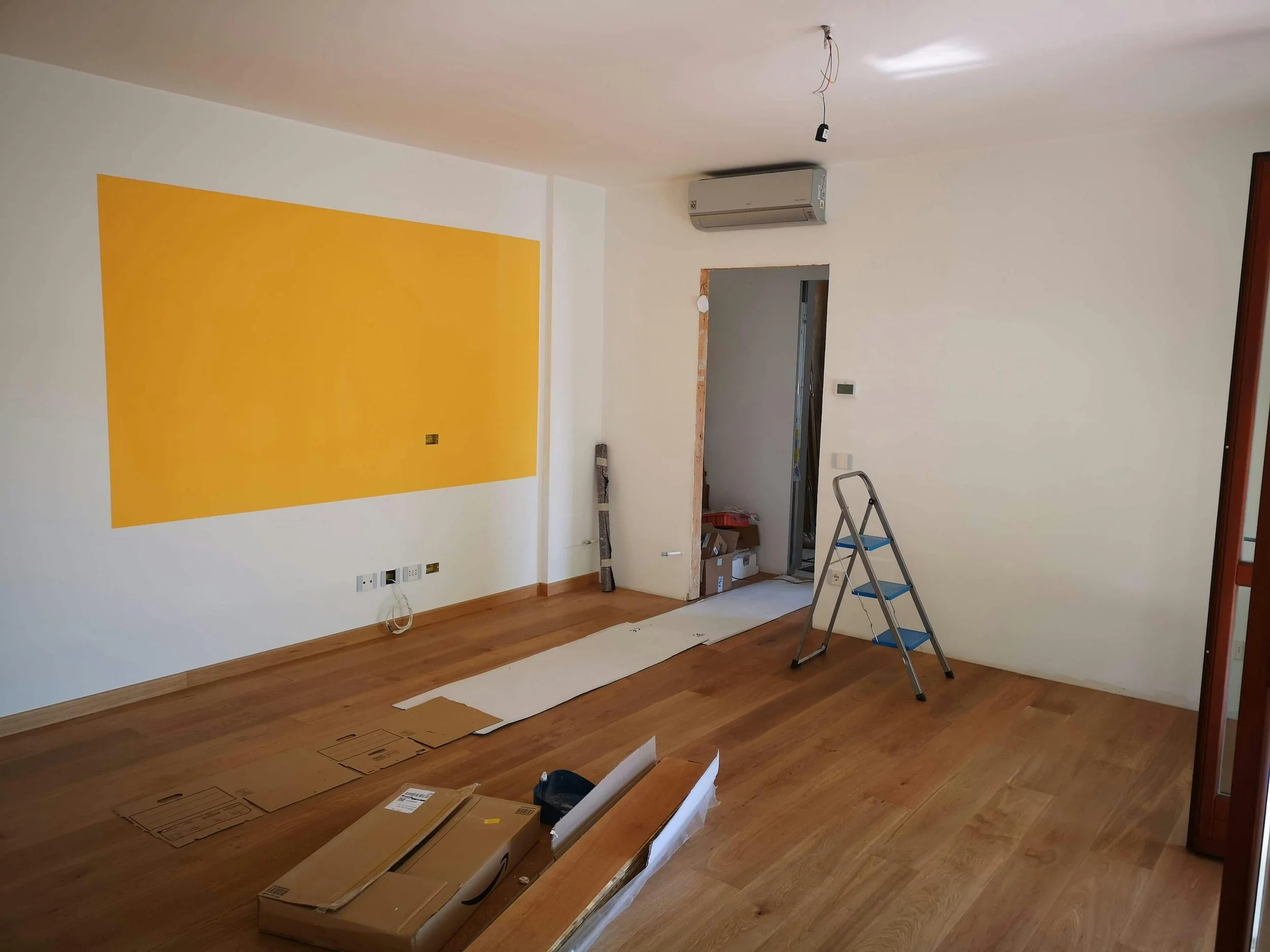Best Practices for Utility Management in Vacant Properties
Managing utilities in a vacant home might not seem urgent, but overlooking it can lead to serious problems—think water damage, frozen pipes, or sky-high bills. Whether you're a homeowner, landlord, or real estate investor, proper utility management is key to protecting your property and keeping costs under control.
This guide walks you through smart, simple strategies to maintain utilities efficiently while your home sits empty. From basic temperature settings to smart tech and professional services, here's how to keep your property safe and budget-friendly.
Why Managing Utilities in Vacant Homes Matters
When a home is unoccupied, problems like leaks, electrical faults, and vandalism can go unnoticed and become expensive fast.
Prevent damage: A small pipe leak can cause major water damage if it goes undetected.
Cut costs: Running utilities like you're still living there wastes money. Smart use saves energy and cash.
Protect the property: Thieves and vandals often target dark, empty homes. Proper lighting and monitored systems help prevent that.
Follow local laws: Many cities have rules about how to maintain utilities in vacant homes. Ignoring them can lead to fines.
Key Strategies for Utility Management in Vacant Homes
Let’s break down the top practices to manage utilities smartly while your home is unoccupied.
1. Adjust Utilities, Don’t Eliminate Them
Fully shutting off all utilities can actually cause more harm than good. Instead:
Keep water flowing: Shut off the main line but drain pipes open to prevent freezing in winter.
Set thermostats wisely: In cold climates, keep the heat around 55°F to prevent frozen pipes.
Maintain minimal electricity: Power essentials like the HVAC system, sump pump, and security systems.
Tip: A smart thermostat like Google Nest helps you manage temps remotely and avoid big surprises.
2. Inspect the Property Regularly
Checking in regularly helps you catch small problems before they turn into costly repairs.
Look for leaks, pests, or signs of forced entry.
Test the HVAC system, faucets, and lights.
Replace HVAC filters every couple of months.
If you’re far away, consider hiring a local professional for walkthroughs or using a property manager.
3. Use Smart Technology for Remote Monitoring
Smart home tech helps you keep an eye on your property from anywhere:
Smart thermostats let you control temperatures remotely.
Smart leak detectors notify you of water issues instantly—check out Moen’s smart water system.
Security cameras and smart lights create the appearance that someone is home.
These tools not only save you money but also give peace of mind while the home sits vacant.
4. Protect Against Vandalism and Theft
Vacant homes are often targets. Here's how to deter break-ins:
Install motion-activated lights outside.
Use timer lights inside to mimic occupancy.
Add cameras and visible security signage.
Make sure doors and windows are secured with sturdy locks.
5. Work With Utility Companies and Follow Local Rules
Utility providers sometimes offer reduced rates or different billing options for vacant properties.
Contact providers to explain the situation and avoid disconnection or surprise fees.
Ask if they offer seasonal or vacancy-specific programs.
Learn about local utility management codes—some cities require heat and water to remain on, especially during winter.
You can usually find local rules on your city’s official website. For example, Chicago’s Department of Buildings outlines vacant building requirements and maintenance rules.
6. Focus on Cost-Saving Utility Tips
Utility costs can add up fast, even if no one lives in the home. Try these smart, money-saving habits:
Use LED bulbs throughout the house.
Unplug appliances that aren’t in use to stop phantom energy use.
Turn down the water heater to "vacation mode."
Want to cut even more costs? Schedule a professional energy audit to identify areas where you can save.
Seasonal Utility Tips for Vacant Homes
Climate plays a big role in utility management. Be sure to adjust your strategy based on the season.
In Cold Weather:
Keep the heat above 55°F to protect plumbing.
Drain exterior water lines and hoses.
Use pipe insulation in vulnerable areas.
In Warm Weather:
During summer, use dehumidifiers to prevent mold.
Run fans occasionally to circulate air.
Set the A/C to around 80°F to manage humidity without overcooling.
Track Maintenance and Budget Ahead
Good recordkeeping makes managing a vacant home much easier. Create a maintenance and utility log that includes:
Dates of inspections and repairs
Utility bill summaries
Contact info for service providers
And don’t forget to budget for the unexpected, like a roof leak or HVAC issue. Set aside an emergency fund just in case.
Why Hire a Property Manager for Vacant Homes?
If the vacancy is long-term, consider hiring a property management company to take care of the day-to-day.
They can:
Monitor the property
Handle utilities
Perform inspections
Make sure you’re following all local rules
It’s a hands-off way to protect your investment and ensure the home stays in great condition.
Smart Utility Management
Taking care of utilities in a vacant house is more than just flipping a switch. It's about protecting your home, avoiding costly repairs, and staying compliant with local regulations.
With smart technology, regular inspections, and a thoughtful strategy, managing a vacant property becomes a lot less stressful—and a lot more affordable.
Don’t wait until something goes wrong. A proactive plan saves time, money, and headaches down the road.
Need help navigating vacant home utility strategies in your area? Connect with a local real estate expert who knows your market.





